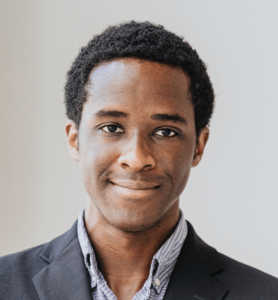Someone on Reddit submitted a post asking how to read people and understand their personality. He was interested in learning this from a first principles perspective. Here are some of my book and course recommendations on the topic (copy-pasted my response from Reddit).
IMO, most college textbooks are going to take you the loooooong route. I’ve taken psych and neuro classes up to the graduate level, and they usually focus on stuff outside of what you’re asking.
Books:
- Learn about behavioral economics from books like Thinking, Fast and Slow and Think Like a Freak
- I learned a lot about how psychopaths can read people “like a book” in the book The Wisdom of Psychopaths . Although many psychopaths end up in jail or in trouble, a significant amount of research has shown that psychopaths are more likely to be very good at reading people. That’s one way they pick their targets. They can tell who’s a better target by random behavioral variables that most people would otherwise ignore.
- You’ll learn a lot about behavioral neuroscience from Sapolsky’s Behave
- If you want to learn even more, Sapolsky also has a good audiobook on Audible called Biology and Human Behavior: The Neurological Origins of Individuality, 2nd Edition
- I did mention intro psych books might not be the best start, but I will say the Social Psychology book from my college course was quite good. It was Social Psychology by Gilovich, Keltner, Chen, and Nisbett (I read the 5th edition). As a side note, most WWNorton textbooks are very good. Every class I’ve had that uses a WWNorton textbook has been great. I’m not sure what their formula is, but they make great textbooks.
- I wasn’t expecting the book to be as good as it was, but I also think The Selfish Gene by Dawkins is A1. The title is somewhat “deceptive”, in that the book is not really about selfish behavior or saying that you should be selfish. It’s really about basic biology / zoology and recent discoveries in the field (at the time of writing of the book).
- I will also say my college course on physical anthropology was quite good and opened my eyes to a lot of stuff. I’m not sure about any good online courses on anthro, but we also used a WWNorton textbook, Essentials of Physical Anthropology by Larsen. There are probably more layman books on anthropology worth reading, though. But I’d say knowledge of anthropology is a “secret skill” because not that many people talk about it, though it’s very useful knowledge.
- Brainfluence is pretty good, but it does get a bit too “pop psychology” at some points. Still quite good for the layman.
- The Female Brain is pretty good, but the author seems to make some claims at some points in the book that might be a bit too “specific” to be considered “axiomatic”. Still, it’ll give you a good mental model of how women think. Just keep in the mind the aphorism “All models are wrong, but some are useful.”
Courses
- Sapolsky gets another mention here. His Stanford course Human Behavioral Biology is also A1
- If you do all of the above, you’ll have the basics pretty well covered. After that, you can search for more specific things based on what you specifically want to learn.
